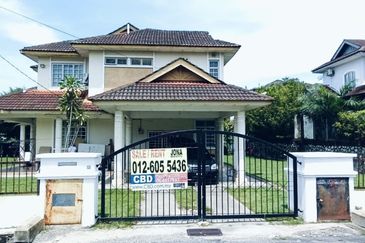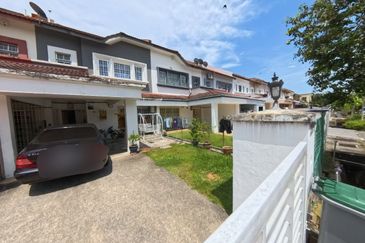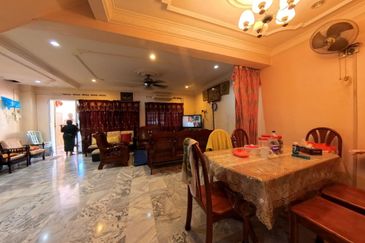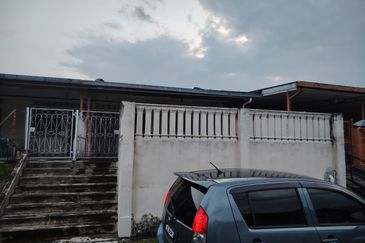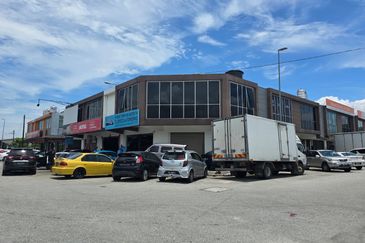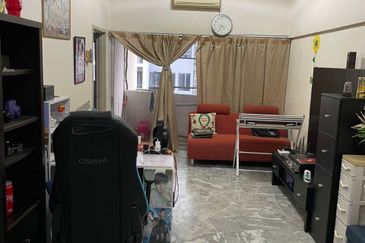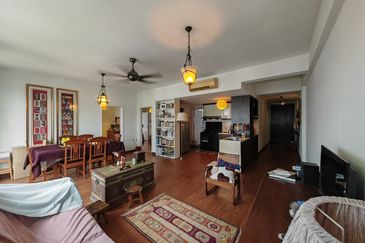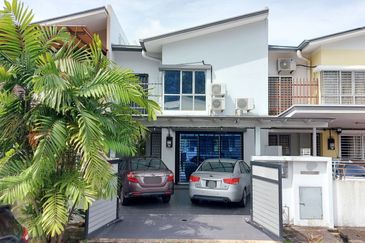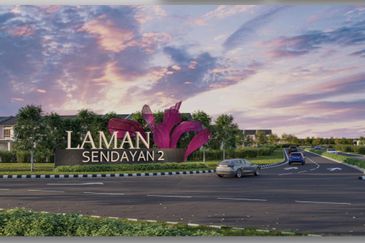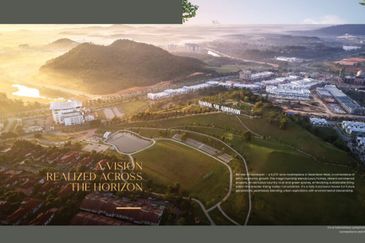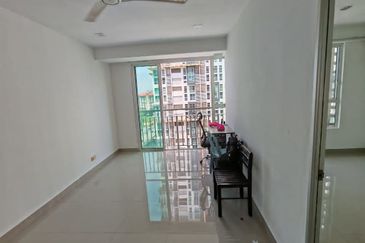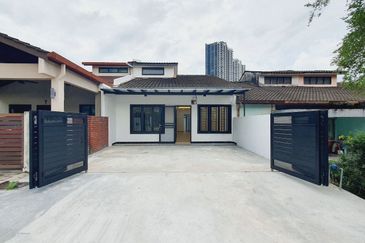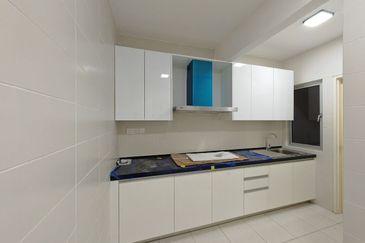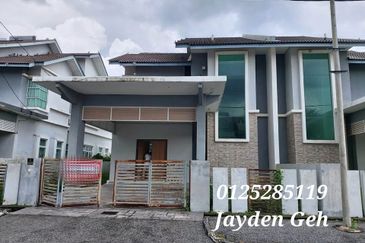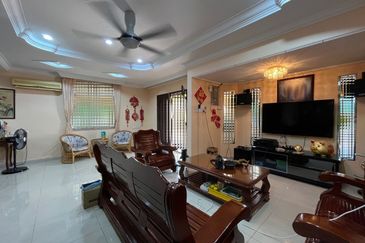
- As for how urban green spaces benefit economies, Mike Rands, a distinguished environment scientist, conservationist and ornithologist, pointed out that taking care of nature within urban settings had a spillover effect to businesses and the well-being of citizens
KUALA LUMPUR (Nov 24): Think City and Yayasan Hasanah, the impact-based foundation of Khazanah Nasional Bhd, co-hosted Mike Rands, a distinguished environment scientist, conservationist and ornithologist (a bird expert), who spoke about how urban green spaces play an important role in a country's economy.
“Economies, livelihoods and well-being all depend on nature. So we've got to stop looking at nature as something that is independent. As we all know, nature provides food, water, shelter, climate regulation,” said Rands at the event on Thursday titled, “A Breakfast Talk with Professor Dr Mike Rands” at Taman Tugu, Kuala Lumpur, a 66-acre nature site a stone's throw from the Parliament building.
He quoted a report by Professor Partha Dasgupta, who was commissioned by the UK government, titled “The Economics of Biodiversity: The Dasgupta Review”, which highlighted the importance of biodiversity and nature conservation.
As for how urban green spaces benefit economies, Rands pointed out that taking care of nature within urban settings had a spillover effect to businesses and the well-being of citizens.
“In the city of Milan, Italy, they restored a river, which had been canalised completely, and turned it back into a wild river with vegetation, birds, insects and fish,” he said. “On the well-being side, that means that it [has] created a recreational area where people now go out at lunch times to eat, walk, rest and relax. Productivity, according to the companies, has gone up significantly.”
The other example he gave was in Belize, a country on the north-eastern coast of Central America, where a rainforest was restored, leading to a rise in eco-tourism and carbon credits — permits that allow an owner to emit a certain amount of carbon dioxide or other greenhouse gases.
“There are, at a smaller scale, in Europe and North America now, where they are greening roofs and walls and creating vertical gardens and little oases within some quite large cities,” Rands said.
“Companies are supporting this because it improves the health and well-being of their staff. People are growing vegetables. It's lowering the temperatures and therefore reducing the heating bills for some of the offices and flats and so on.
“So there are many ways in which by harnessing nature and restoring nature in urban environments, you can improve the economics, you can improve the working conditions for people and you can generate revenue for local entrepreneurs, food sellers and so on, and also for the local government,” Rands said.
The talk was attended by Think City managing director Hamdan Abdul Majeed, who introduced the professor and said, “Dr Rands’ insights are invaluable as we address urban sustainability challenges in Malaysia. His insight resonates with Think City’s mission to improve liveability in urban environments and enhance climate resilience with nature-based solutions, such as the Penang Nature-Based Climate Adaptation Programme and the Green Connector Networks in Penang and Downtown Kuala Lumpur.”
Also in attended were Datuk Shahira Ahmed Bazri, trustee and managing director of Yayasan Hasanah, and Tan Sri Azman Mokhtar, current chairman of Lembaga Tabung Haji Malaysia and former managing director of Khazanah Nasional Bhd, who was instrumental in kickstarting Think City and Yayasan Hasanah, as well as the creation of Taman Tugu.
Looking to buy a home? Sign up for EdgeProp START and get exclusive rewards and vouchers for ANY home purchase in Malaysia (primary or subsale)!
TOP PICKS BY EDGEPROP
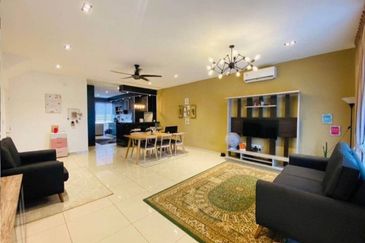
Ara Sendayan @ Bandar Seri Sendayan
Seremban, Negeri Sembilan
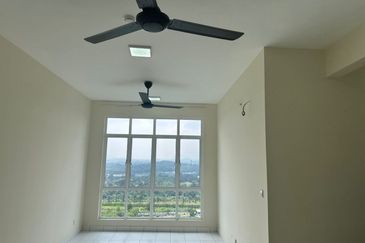
Residensi PR1MA Bandar Bukit Mahkota
Kajang, Selangor


